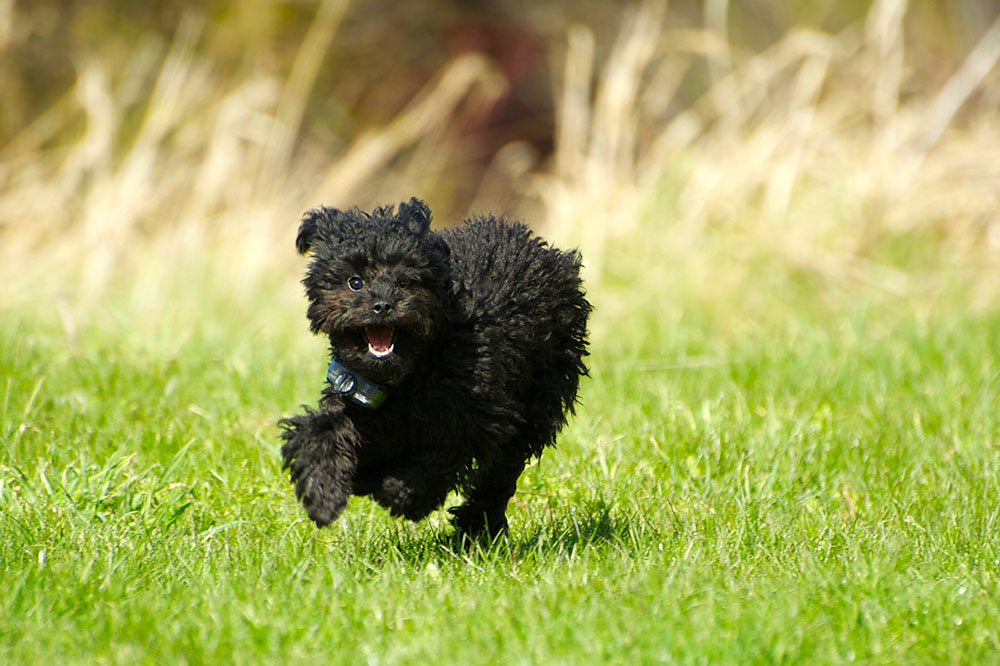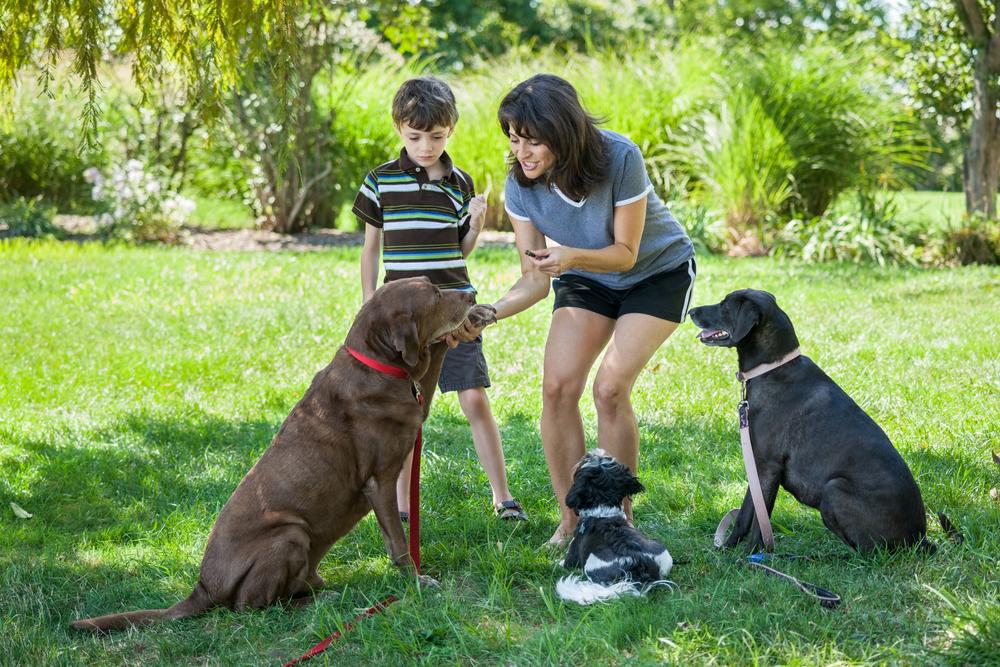Preparing to Welcome a German Shepherd Puppy: Essential Tips for New Owners
Preparing for a German Shepherd puppy requires careful planning, financial readiness, and a commitment to training and socialization. This comprehensive guide covers selecting reputable sources, understanding their needs, and providing proper care to ensure a healthy, happy life for your new puppy. Learn the essentials of responsible ownership and how to foster a strong bond with your German Shepherd from day one.

Preparing to Welcome a German Shepherd Puppy: Essential Tips for New Owners
German Shepherds are renowned as one of the most popular and beloved dog breeds across the United States, ranking second in popularity according to the American Kennel Club. These intelligent, loyal, brave, and strong dogs have captured the hearts of countless families and dog enthusiasts. Known for their heroic acts and fierce loyalty, German Shepherds are not only excellent working dogs but also devoted family companions. Bringing such a remarkable breed into your home requires careful planning, thorough understanding, and dedication to their well-being. In this comprehensive guide, we will explore everything you need to know about preparing for a German Shepherd puppy, covering aspects from choosing a reputable source to understanding their needs and responsibilities surrounding their care.
If you plan to add a German Shepherd puppy to your family, the first step is selecting a trusted and reputable breeder or source. Avoid impulsively purchasing from informal sellers on the roadside or unverified sources, as this can lead to health issues or unethical breeding practices. Instead, consider adopting from rescue organizations or shelters, which often have German Shepherds or similar breeds in need of loving homes. However, if you prefer a purebred puppy, seek out reputable breeders accredited by organizations like the American Kennel Club (AKC). Such breeders prioritize health, temperament, and genetic screening, ensuring that you bring home a healthy, well-socialized puppy.
Understanding the financial commitment involved is crucial. The cost of acquiring a quality purebred German Shepherd from a reputable breeder typically ranges from $500 to $1200, depending on lineage, markings, and breeder reputation. Adoption fees are usually lower and include initial veterinary care, but they may require additional commitment to ongoing health needs. Prepare for comprehensive costs beyond the initial purchase or adoption fee. This includes vaccinations, regular veterinary check-ups, grooming supplies, quality dog food, toys, training classes, and accessories like collars and beds. Proper financial planning ensures you can provide consistent, high-quality care, which is vital for your German Shepherd’s long-term health and happiness.
Timing also matters. Wait until you are financially prepared to ensure you can meet your puppy’s needs without stress. Remember, investing in a healthy puppy from a reputable source can prevent costly health issues down the line, including genetic disorders or chronic illnesses.
German Shepherds are known for their remarkable energy levels and high intelligence, which makes them one of the most active dog breeds. Originally bred for herding and guarding livestock across Europe, their natural instincts and stamina mean they thrive in environments where they can be physically and mentally stimulated. If you lead a busy lifestyle that doesn't include daily walks, vigorous playtime, or training sessions, this breed might not be the ideal choice. An under-exercised German Shepherd can become bored, which may lead to destructive behaviors such as chewing furniture, digging, or excessive barking, especially during the puppy stage.
Establishing a consistent training routine is critical for a well-behaved German Shepherd. These dogs respond well to positive reinforcement techniques, including treats, praise, and gentle corrections. Early socialization and obedience training are essential to curb undesirable behaviors and to foster a balanced temperament. Begin training sessions as soon as your puppy arrives, focusing on basic commands like sit, stay, come, and heel. Socialization with other dogs, people, and new environments builds confidence and helps prevent future behavioral problems.
Deciding early on the gender of your puppy can influence behavioral traits, though individual personality varies. Males tend to be more territorial and may display dominance behaviors, whereas females often exhibit greater protectiveness towards family members and their puppies. Regardless of gender choice, proper training and socialization will shape your dog's behavior positively and help manage potential issues such as marking or possessiveness.
Age is another important factor. It is recommended that puppies be at least eight weeks old before they join their new families. At this age, puppies are typically weaned, basic social skills are developed, and they are more resilient to transition stress. Healthy puppies at this stage are more likely to adapt to a new home comfortably and form strong attachments with their owners.
In summary, preparing for a German Shepherd puppy involves careful planning, financial readiness, and understanding their unique needs. By choosing a reputable source, committing to training and socialization, and providing a nurturing environment, you will set the stage for a successful relationship. Remember, owning a German Shepherd is a long-term commitment that can bring immense joy, loyalty, and protection to your family. With proper care and attention, your new puppy will grow into a devoted, confident, and well-adjusted adult dog who will be a loyal friend for many years to come.





